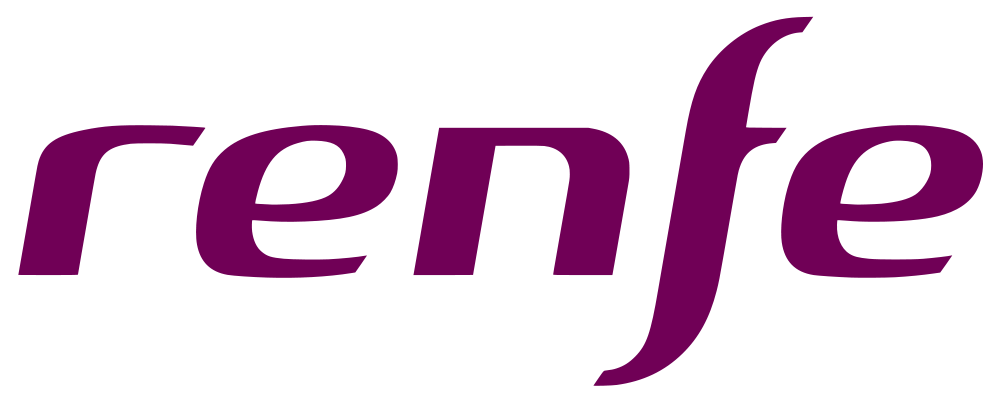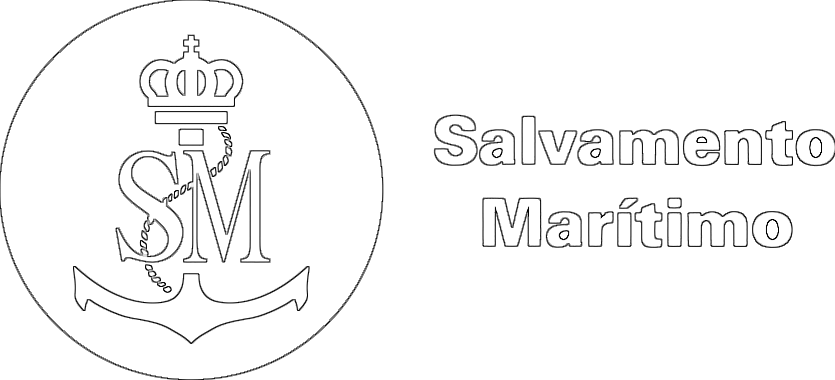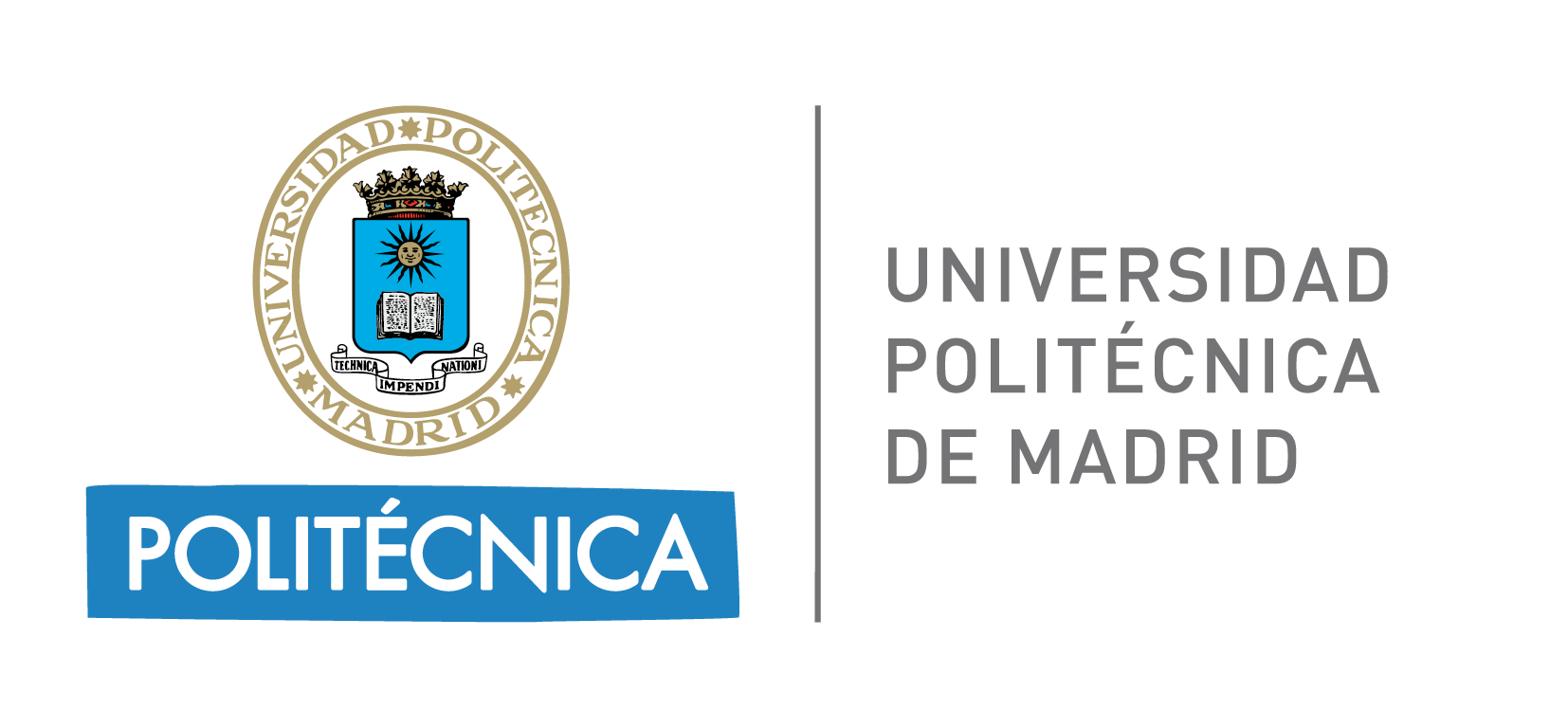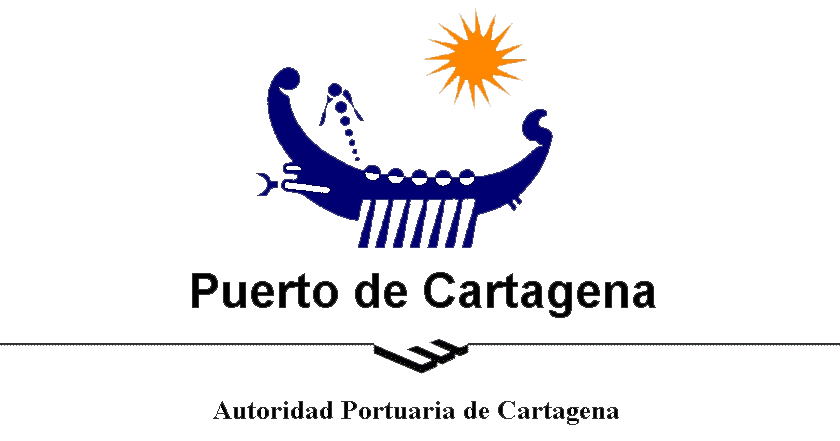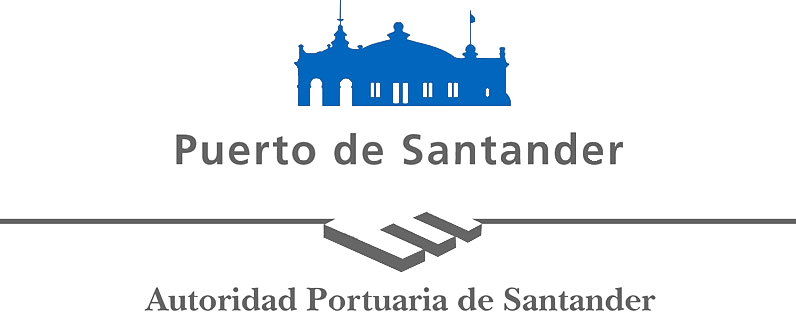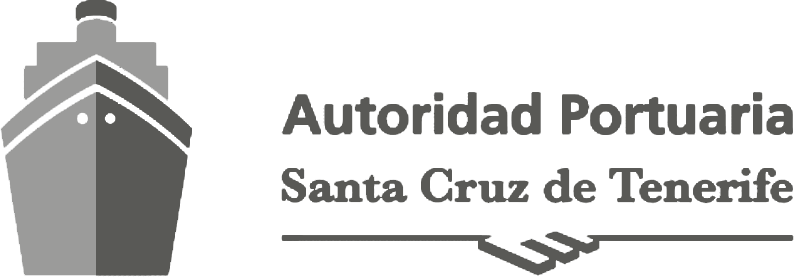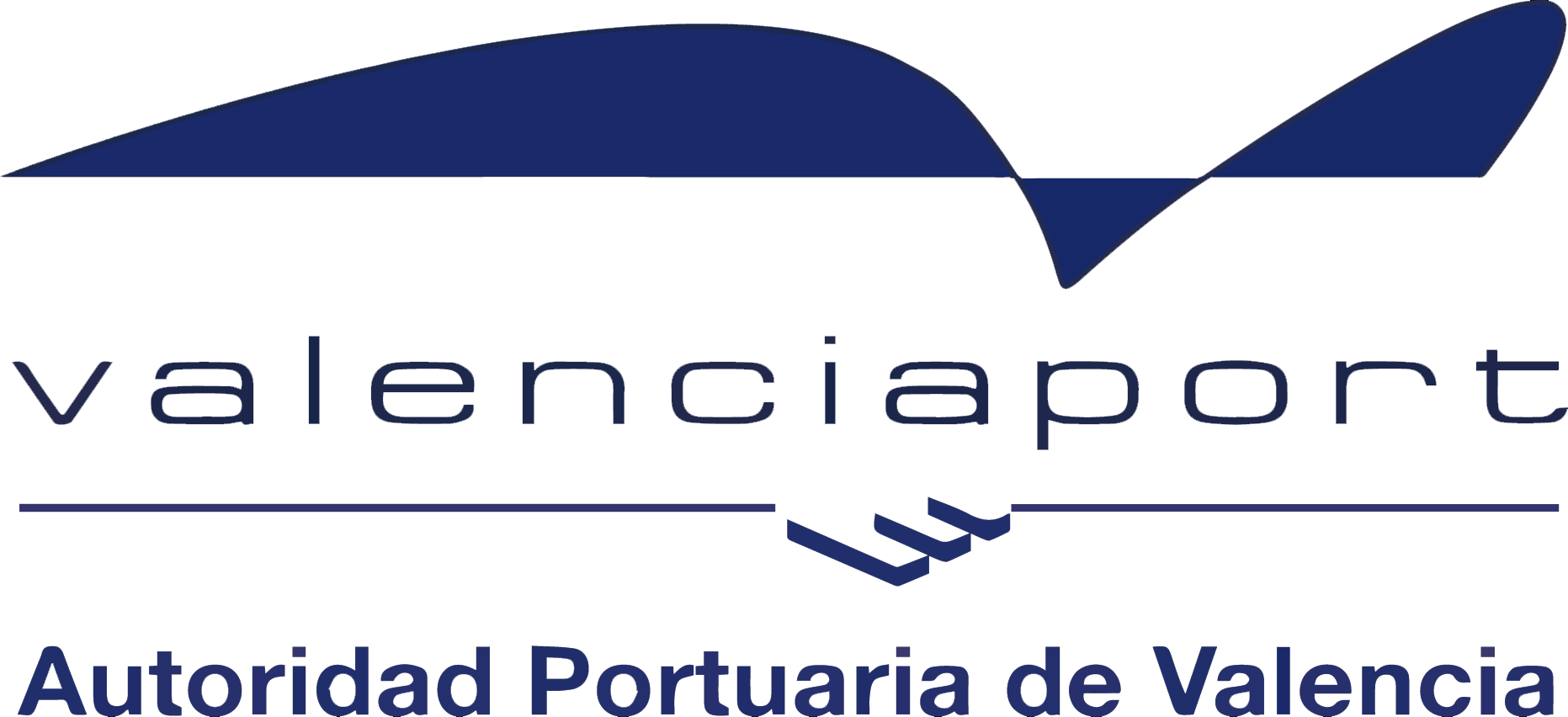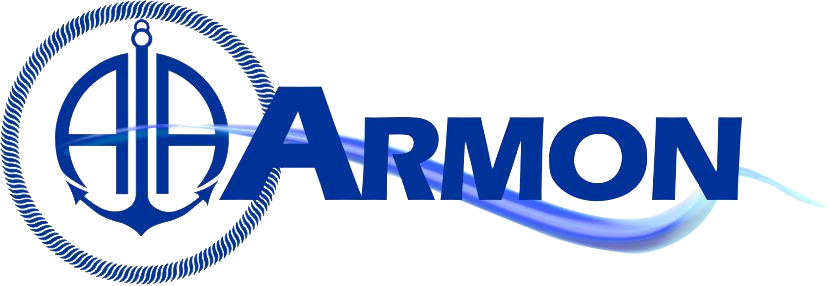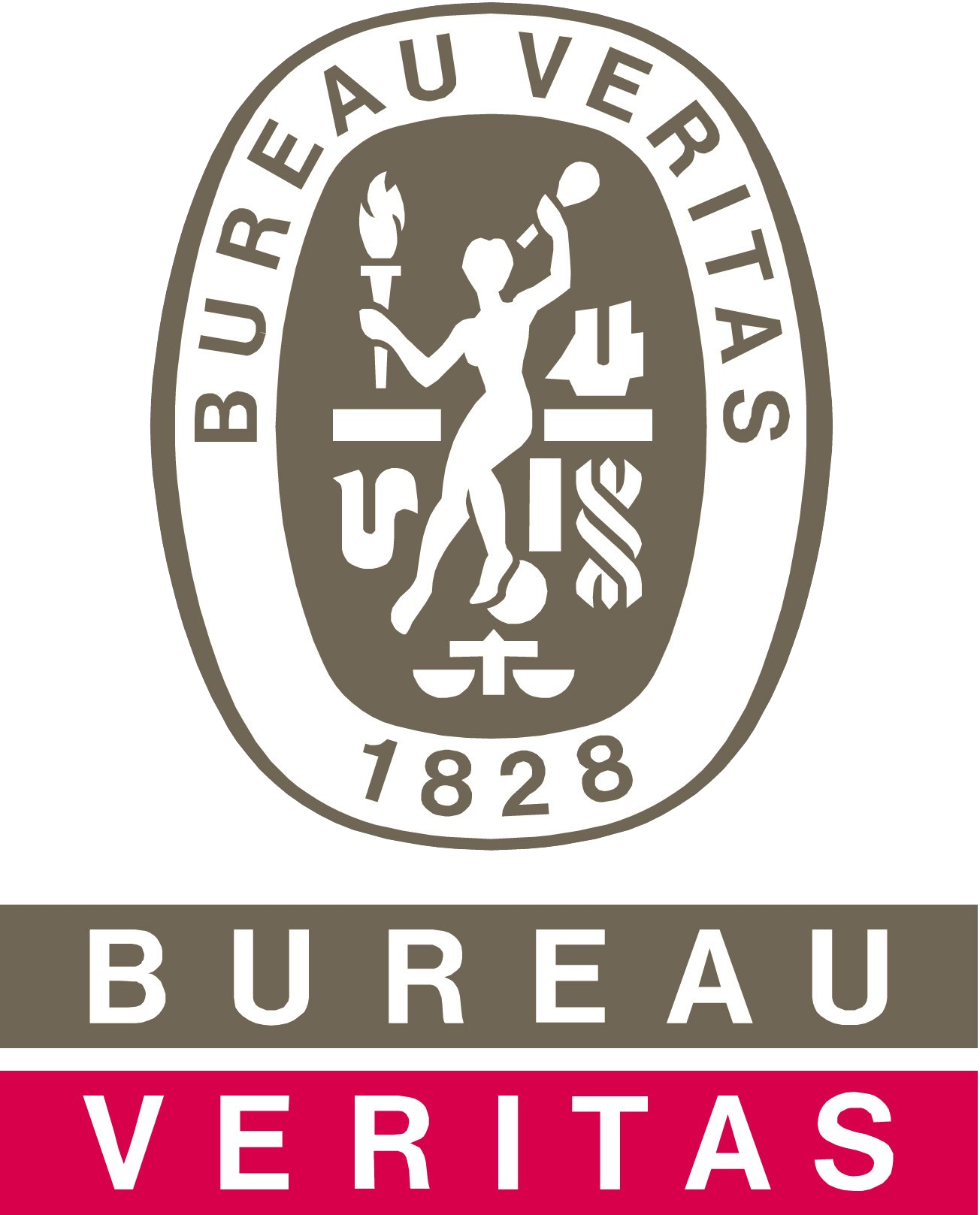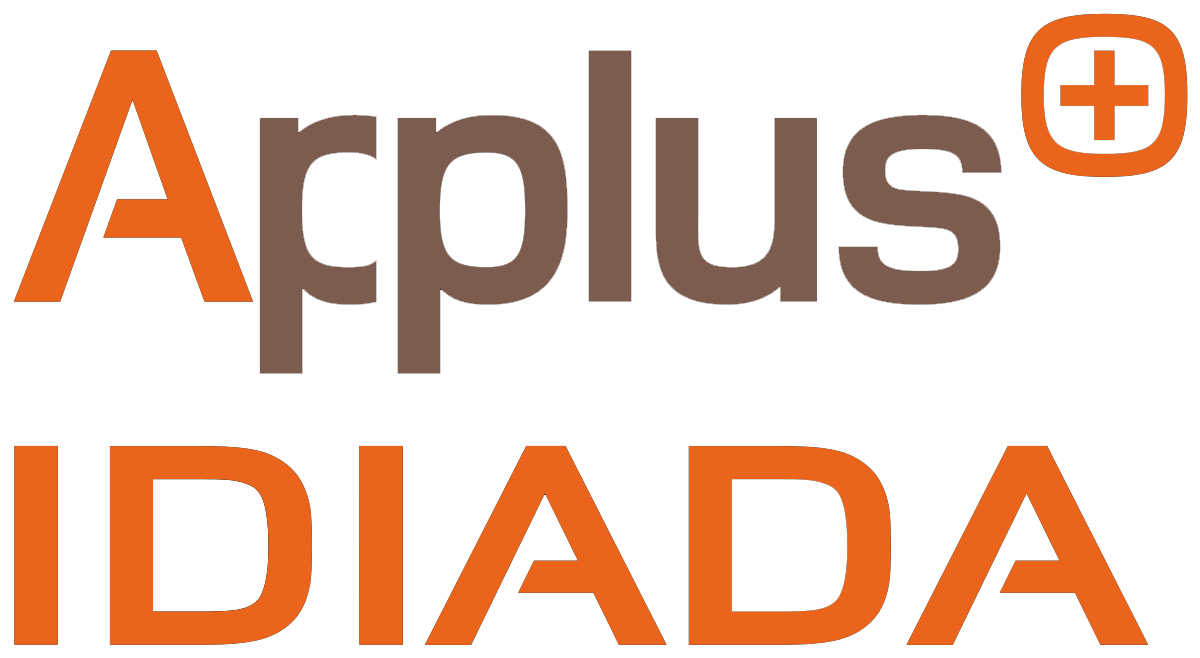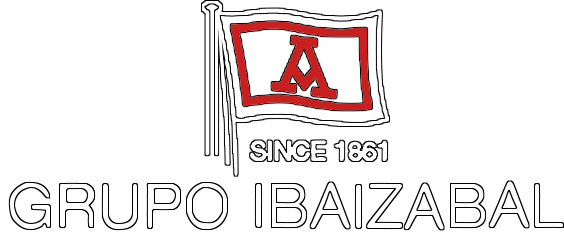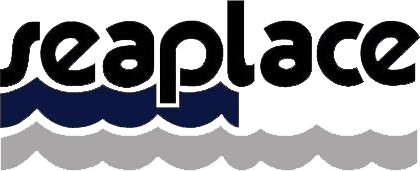State
In progress
Description
LNG fuel is presented as an alternative fuel for maritime transport. This gas is one of the most environmental friendly fuels that could help in the decarbonization processes of the European economy and reduces oil dependence. It reduces emissions of sulfur oxides (SOx), particulate matter (PM), and nitrogen oxides (NOx), which helps meet increasingly demanding environmental standards in the maritime sector.
The project's main objective is to develop an integrated, safe and efficient logistic chain for Liquefied Natural Gas (LNG) as a fuel option in the transport sector, especially maritime for the Iberian Peninsula. This promotes the use of this alternative fuel not only in ships but also in port areas.
According to EU Directive 2014/94 for the deployment of alternative fuel infrastructures, the project will establish the infrastructure needed to supply LNG as a fuel option for the maritime sector in the Iberian Peninsula.
The following are specific objectives to achieve:
- To move along the
decarbonization process of the Iberian Peninsula
- Contribute to polluting
emissions reduction in maritime transport
- Positioning the maritime
and natural gas industry, using LNG as a maritime fuel
- To increase European
visibility of the Iberian LNG sector.
Throughout 16 studies, called "The project software", will identify requirements for LNG adequate development as fuel, besides defining training programs, accreditation process, and proposals for the National Action Framework.
Also, 11 studies with pilot projects, called "The project hardware", will be conducted. Tests will be carried out on real phases of LNG logistics chain to ensure supply services to ships and identify needs. This includes the adaptation of LNG terminals to offer small-scale services, logistics equipment for development, (supply ships or multimodal transport) and the use of LNG within the port area.
In addition, the main technical activities are enlisted below:
- WP 1: Cross-sectional studies.
- WP 2: Technical feasibility studies
- WP 3: Pilot Studies
- WP 4: Observatory
- To move along the decarbonization process of the Iberian Peninsula
- Contribute to polluting
emissions reduction in maritime transport
- Positioning the maritime
and natural gas industry, using LNG as a maritime fuel
- To increase European
visibility of the Iberian LNG sector.
- WP 1: Cross-sectional studies.
- WP 2: Technical feasibility studies
- WP 3: Pilot Studies
- WP 4: Observatory
Expected results
- Proposal for a regulatory
framework of the use of LNG in the maritime and port sector.
- Preparation of an LNG
infrastructure and equipment implementation plan for maritime transport and
port services in Spanish basic network, with special emphasis on Mediterranean
and Atlantic corridors.
- Update of needs evolution
on the supply and demand logistics chain concerning LNG as fuel option for
maritime transport and ports, in three areas relevant to both corridors:
Atlantic, Mediterranean, and Strait of Gibraltar.
- Proposal for a regulatory framework of the use of LNG in the maritime and port sector.
- Preparation of an LNG infrastructure and equipment implementation plan for maritime transport and port services in Spanish basic network, with special emphasis on Mediterranean and Atlantic corridors.
- Update of needs evolution on the supply and demand logistics chain concerning LNG as fuel option for maritime transport and ports, in three areas relevant to both corridors: Atlantic, Mediterranean, and Strait of Gibraltar.
Contribution
The HIVE project helps to consolidate the Port of Vigo as a:
- Green and Innovative Port
committed to the use of less polluting fuels, since it contributes to improving
knowledge and the promotion of regulatory frameworks, definition of
certification protocols, regulation of its use (throughout the entire supply
chain) in conditions of safety and environmental protection.
- Inclusive Port by
strengthening the integration of new fuel resources, promoting the training of
specialized technicians for its management.
The HIVE project helps to consolidate the Port of Vigo as a:
- Green and Innovative Port committed to the use of less polluting fuels, since it contributes to improving knowledge and the promotion of regulatory frameworks, definition of certification protocols, regulation of its use (throughout the entire supply chain) in conditions of safety and environmental protection.
- Inclusive Port by strengthening the integration of new fuel resources, promoting the training of specialized technicians for its management.
Current state
The HIVE project is in the implementation process. ENAGAS is ensuring the team coordination, defyning functions and controls of the team members, as well as with the convening of work meetings to assess progress.
Thus, in September 2016, a meeting was held in the ENAGAS training classroom in Madrid, which was attended, among others, by the Port of Vigo, as a project partner and talks about technical advances.
This project is funded by the European CEF Transport program. For furter updated information, you can visit its website: http://www.corelngashive.es
The HIVE project is in the implementation process. ENAGAS is ensuring the team coordination, defyning functions and controls of the team members, as well as with the convening of work meetings to assess progress.
Thus, in September 2016, a meeting was held in the ENAGAS training classroom in Madrid, which was attended, among others, by the Port of Vigo, as a project partner and talks about technical advances.
This project is funded by the European CEF Transport program. For furter updated information, you can visit its website: http://www.corelngashive.es
Related posts
The Port of Vigo presents the Blue Gr...
Jan 17, 2018, 4:58:00 PMNext Events
May 15, 2019, 11:00:00 AMPort of Vigo, international reference...
Jun 5, 2018, 12:09:00 PMBlue Growth Vigo Plan, an example of ...
Jul 3, 2018, 9:12:00 AMTHE PORT OF VIGO WILL PRESENT THE RES...
Nov 7, 2018, 5:19:00 PMThe President of the Port of Vigo pre...
Nov 14, 2018, 9:54:00 AMLa Asociación Profesional de Empresas...
Nov 23, 2018, 10:00:00 AMVigo, the only Spanish port candidate...
Feb 27, 2019, 4:11:00 PM